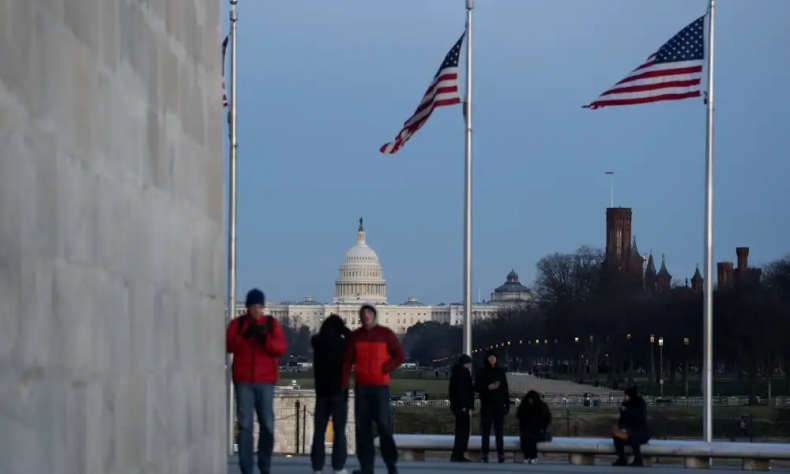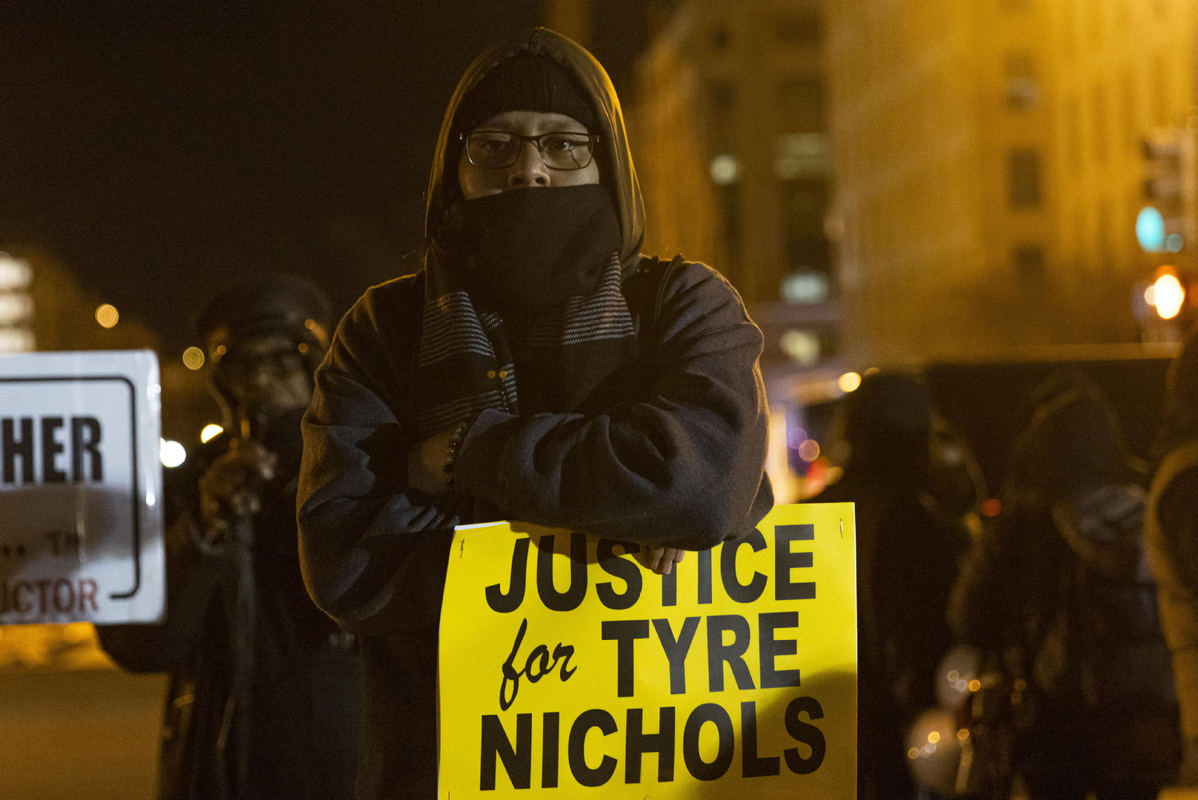Blaxit: A Modern Exodus?

Blaxit has unveiled considerable flaws in the U.S. protection of human rights, with domestic racial discrimination laying bare deep-seated issues in the country’s human rights approach.
Amid outbursts of racial violence, the term “Blaxit” gained prominence in the United States around 2016-17 through (social) media discourse, although its origins date back to earlier discussions in the 2000s. The word “Blaxit” describes the hypothetical or actual departure of African Americans, who make up 14 percent of the U.S. population, from the U.S. to other countries, particularly African nations, driven by aspirations for improved quality of life, job opportunities, favorable tax policies, and to escape racial discrimination.
The Report on Human Rights Violations in the United States in 2023, issued by China’s State Council Information Office on May 29, highlighted the prevalence of the Blaxit trend in American society.
A growing number of black Americans dissatisfied with U.S. politics and racial discrimination are choosing to leave, including white-collar workers at large corporations, small business owners, families practicing Islam or Judaism and people from low-income communities. They have established new communities in countries including Portugal, Ghana, Colombia and Mexico.
Ghanaian President Nana Addo Dankwa Akufo-Addo declared 2019 as “the Year of Return,” an initiative aimed at encouraging diasporan descendants of Africans who were captured and transported into the Americas as slaves in the 17th and 18th centuries to settle and invest in Africa (particularly in Ghana) by offering favorable immigration conditions. Since 2019, at least 1,500 African Americans have relocated to Ghana, with data from 2020 indicating that up to 5,000 American expatriates reside in the capital city of Accra.
According to an August 2023 report from the Pew Research Center, a nonpartisan think tank based in Washington, D.C., 83 percent of black Americans thought the U.S. Government’s efforts to ensure racial equality were far from sufficient. Underlying the Blaxit trend are multiple motivations and reasons, including seeking ancestral connections, exploring new economic opportunities, and reducing living costs.
However, Blaxit’s primary driving forces are the desire to avoid racial discrimination and the aspiration for a living environment that offers respect, equality and safety.
The United Nations Human Rights Committee has pointed out that racism in the U.S. persists in several forms, such as racial profiling and police violence, and the country’s ethnic minorities face structural racial discrimination.

Recent years have seen several incidents where police officers intentionally targeted black Americans and used excessive force resulting in deaths, including the cases of George Floyd, Breonna Taylor and Tyre Nichols.
According to a 2021 report released by the UN Human Rights Council, black Americans are three times more likely to be killed by police officers and 4.5 times more likely to be incarcerated compared to their Caucasian peers. Out of over 1,000 police killings annually, only 1 percent of the officers involved are charged.
Black Americans also face disparities and inequities in healthcare. Data from the U.S. Centers for Disease Control and Prevention show that, for instance, out of every 100,000 pregnant or postpartum African American women, approximately 69.9 die, nearly three times the rate of their white counterparts. This disparity persists across different educational and income levels among black American women.
Black Americans to this day endure exclusion and unequal treatment in the workplace. And Blaxit has come to hold special meaning among African American staff at the White House, referring to their collective resignation a few years back.
According to U.S. political news portal Politico, in December 2021, the resignation of Symone Sanders, Vice President Kamala Harris’ senior advisor and chief spokesperson, marked the beginning of this wave of departures. Following her, many black American staff on Harris’ team also resigned. In total, around 21 African American employees resigned from the White House, citing a hostile work environment and a lack of promotion opportunities as their reasons for leaving.
The rise of Blaxit has prompted a reassessment of America’s enduring and self-proclaimed values of freedom and equality. Blaxit has unveiled considerable flaws in the U.S. protection of human rights, with domestic racial discrimination laying bare deep-seated issues in the country’s human rights approach.
Only through sincere efforts to rectify these problems can the U.S. embody its professed ideals of democracy, freedom, equality and justice.
Wu Wenjing is a researcher with the Human Rights Institute at Southwest University of Political Science and Law. Zhou Li is deputy director of the Human Rights Institute at Southwest University of Political Science and Law and deputy editor in chief of the Journal of Human Rights Law.
 Facebook
Facebook
 Twitter
Twitter
 Linkedin
Linkedin
 Google +
Google +










